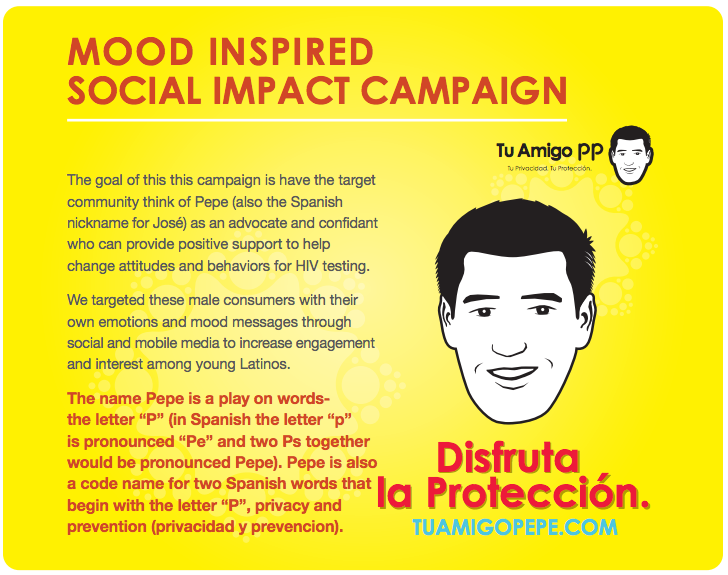A multimedia HIV testing campaign targeting Latino men who have sex with men (MSM) had a “significant and immediate impact” on beliefs and behavior, with HIV testing rates increasing over time, according to a new UW study.
The research, published in the journal AIDS and Behavior, evaluated a pilot of the Tu Amigo Pepe campaign, which targeted Latino immigrants in Seattle who were 18 to 30 years old and who had sex with other men but did not identify as gay. Latino men are disproportionately affected by HIV, researchers said, and have a diagnosis rate three times that of non-Latino white men.

Latino MSM tend to live in communities where gay sexual orientation and HIV infection are heavily stigmatized, which in turn is associated with lower rates of HIV testing, researchers said. Culturally appropriate ways to reach this group have been lacking.
The 16-week campaign included Spanish-language radio announcements, social media outreach, a website, toll free hotline, printed matter such as posters, and mobile phone reminder messages. The campaign featured a fictional character, Pepe, who promoted free and confidential HIV testing in a culturally specific manner. Fifty immigrants were recruited for the study and were interviewed before, during and after the campaign.
“The Tu Amigo Pepe campaign led to a significant and immediate impact on HIV testing rates among the cohort of men followed over time,” wrote the researchers, led by Rosa Solorio, former assistant professor of health services and adjunct assistant professor of global health.
Latino MSM men who did not identify as gay were just as likely to seek HIV testing as were men who did identify as gay, the paper noted. Home-based HIV testing was particularly popular. Condom use did not increase as a result of the campaign, but attitudes and beliefs toward condom use improved.
“In this pilot of the Tu Amigo Pepe Campaign, we identified important ways to improve on the public health impact of future campaigns,” researchers wrote. “The young Latino immigrant MSM especially liked messages that focus on humor and thus, future campaigns need to consider this important fact.”
Research partners were Activate Brands of Denver; Battelle Research Center, Seattle; Entre Hermanos, Seattle; and the University of Washington Foster School of Business.
Link: http://link.springer.com/article/10.1007/s10461-015-1277-6
